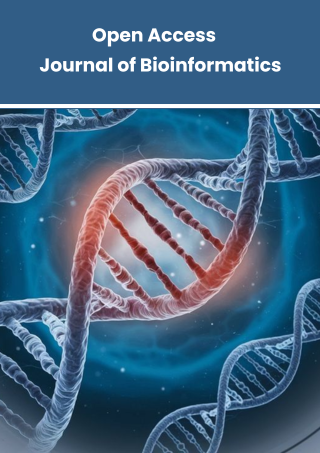Big data in life sciences
Big data in life sciences encompasses the acquisition, management, and analysis of large-scale biological datasets generated from high-throughput technologies such as next-generation sequencing, proteomics, metabolomics, imaging platforms, and clinical health records. This field focuses on developing computational frameworks and statistical methods to extract meaningful insights from complex, heterogeneous datasets that exceed traditional analytical capacities. Techniques such as machine learning, network analysis, cloud computing, and advanced data integration are used to uncover patterns, identify biomarkers, predict disease risks, and model biological systems with greater accuracy. Big data analytics enables researchers to link molecular information with phenotypic outcomes, support precision medicine initiatives, accelerate drug discovery, and improve public health surveillance. As data volumes continue to grow exponentially, scalable computational infrastructures, efficient data curation practices, and robust privacy standards remain essential for transforming raw biological data into actionable scientific and clinical knowledge.
Article Processing Timeline
| 2-5 Days | Initial Quality & Plagiarism Check |
| 15 Days |
Peer Review Feedback |
| 85% | Acceptance Rate (after peer review) |
| 30-45 Days | Total article processing time |
Indexed In
ResearchBib
Sindexs
OAJI
DOAJ
CrossRef
PubMed
MEDLINE
EBSCO A-Z / Host
OCLC - WorldCat
Journal Flyer


